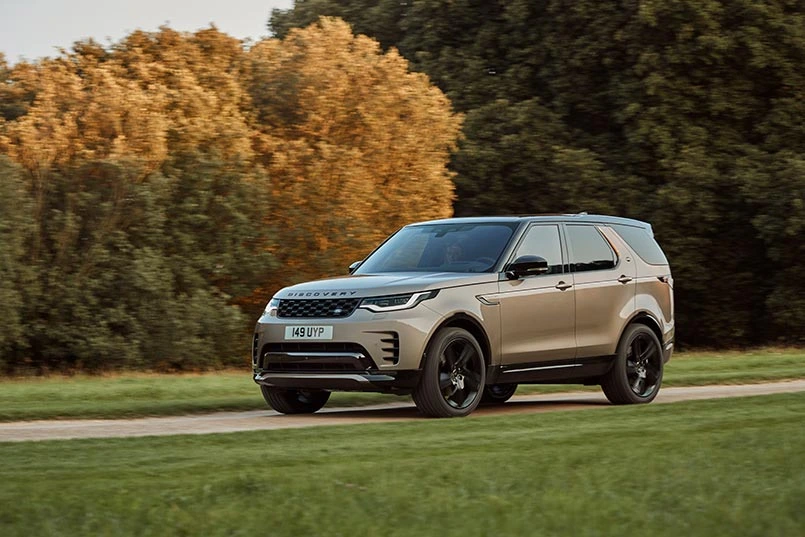
Table of Content
▼The global automotive industry is bracing for significant disruptions following US President Donald Trump’s announcement of a 25% tariff on overseas auto imports. This move is expected to have a ripple effect on Indian automotive companies that are deeply integrated into the global supply chain. With India exporting auto components worth $21.2 billion in FY24, this tariff could present both challenges and opportunities for key players in the industry.
Key Indian Companies Affected
Several Indian companies that export auto components to global markets, including Europe, Japan, South Korea, and China (which supply vehicles to the US), will be impacted by this new tariff. The key firms facing potential disruptions include:
1. Tata Motors & Jaguar Land Rover (JLR)
- Tata Motors does not directly export to the US, but its subsidiary, Jaguar Land Rover (JLR), has a significant presence in the American market.
- In FY24, the US accounted for 22% of JLR’s total global sales, with nearly 400,000 vehicles sold worldwide.
- Since JLR's vehicles are primarily manufactured in the UK and other international locations, these imports will now be subject to the 25% tariff, making them costlier in the US market.
2. Eicher Motors (Royal Enfield)
- Eicher Motors, the parent company of Royal Enfield, exports its motorcycles to the US.
- The company’s 650cc models, popular in the American market, may face increased costs, potentially affecting sales and profitability.
- With the US being a major market for Royal Enfield’s premium bikes, the tariff could lead to price adjustments or strategic shifts to maintain competitiveness.
Also Read: India Set to Become the World's Largest Auto Market by 2030: Nitin Gadkari
3. Samvardhana Motherson International Ltd
- One of India’s largest auto component manufacturers, Samvardhana Motherson, supplies parts to major American automakers like Tesla and Ford.
- The company, however, has established manufacturing units in the US and Europe, which could shield it from the full impact of the import tariff.
- Having a strong local presence in the US allows the company to mitigate risks associated with tariff impositions.
4. Sona Comstar (Sona BLW Precision Forgings)
- Sona Comstar manufactures automotive systems and components, including differential gears and starter motors.
- 66% of its revenue comes from the US and European markets, making it vulnerable to any changes in trade policies.
- To counteract the potential impact, Sona BLW has been actively diversifying its export base by expanding into China, Japan, and South Korea, aiming to reduce its reliance on Western markets within the next five years.
5. Other Key Auto Component Exporters
Apart from the major players listed above, other Indian firms with significant export exposure include:
- Bharat Forge (Leading global supplier of forged auto components)
- Sansera Engineering Ltd (Precision engineering for automobiles)
- Suprajit Engineering (Automotive cables and lighting solutions)
- Balkrishna Industries (Tyre manufacturer with a growing global footprint)
Broader Impact on India’s Auto Component Industry
- The Indian auto component industry contributes $21.2 billion to global trade, with 4.5% of its exports going to the US and Europe.
- The increased tariff will raise costs for Indian exporters, making it less competitive in the American market.
- Companies may need to explore alternate markets, establish local manufacturing units, or renegotiate supply contracts to sustain profitability.
- Some firms with strong ties to American automakers might push for US-based production partnerships to sidestep tariff-related price hikes.
Conclusion
The 25% auto import tariff imposed by Donald Trump presents a significant challenge for Indian auto companies that rely on exports. While some firms, like Samvardhana Motherson, have an established footprint in the US and may be insulated from the full impact, others, such as Sona BLW and Royal Enfield, could face pricing pressures and potential declines in market share. Moving forward, strategic market diversification, local manufacturing investments, and exploring emerging auto markets will be crucial for Indian firms to sustain growth amidst shifting global trade policies.
With India’s auto industry being a key player in global supply chains, these changes will undoubtedly reshape strategies for Indian manufacturers in the years to come.
Also Read: Government Removes Import Duty on Essential Components for EV Batteries
Neha Mehlawat
Neha Mehlawat is an automotive journalist and industry analyst with 10+ years of experience covering cars, bikes, and mobility trends. She tracks the latest launches, technology upgrades, and policy changes in the auto sector, delivering sharp insights that help readers stay ahead in the fast-evolving world of automobiles.
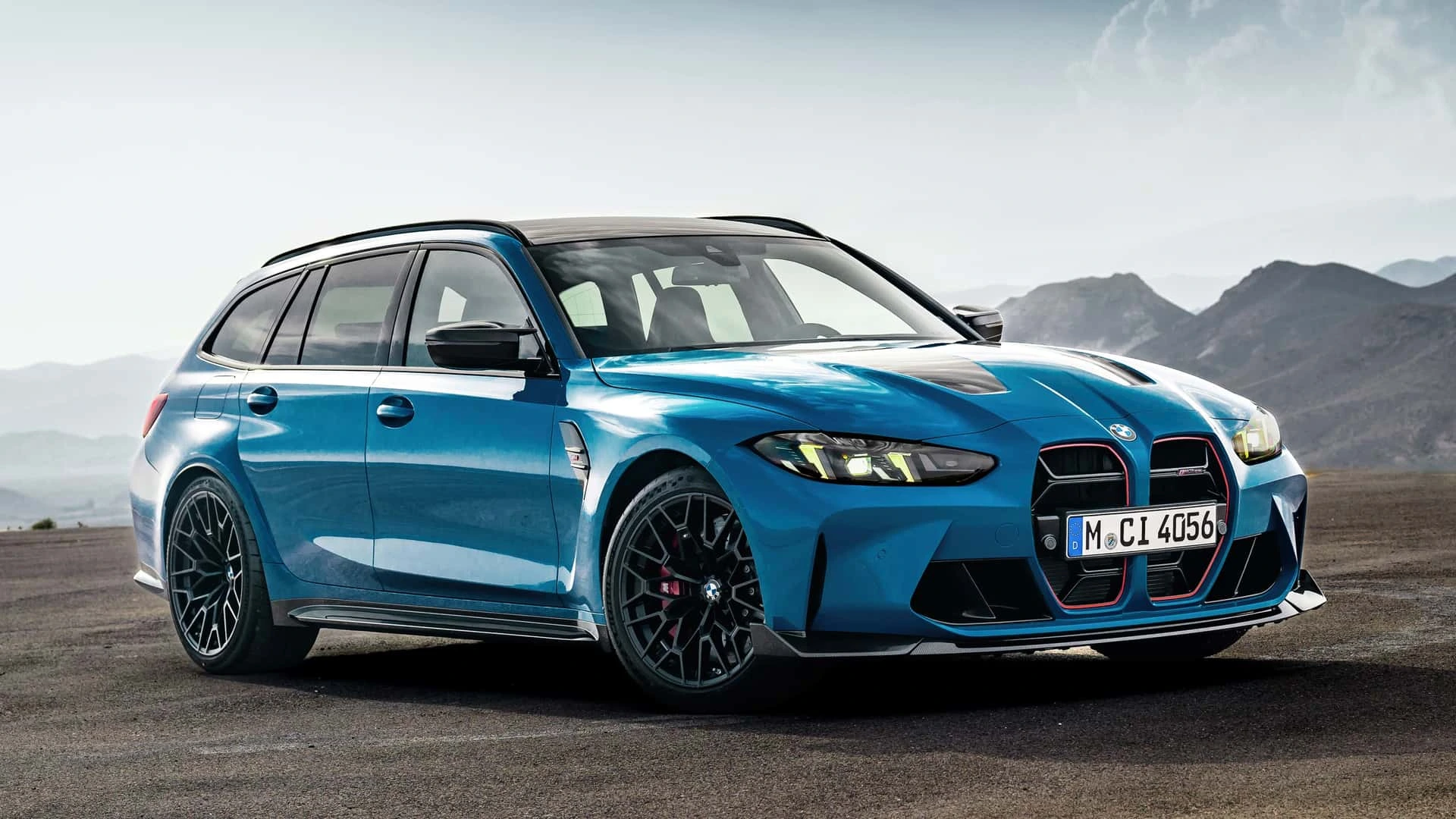
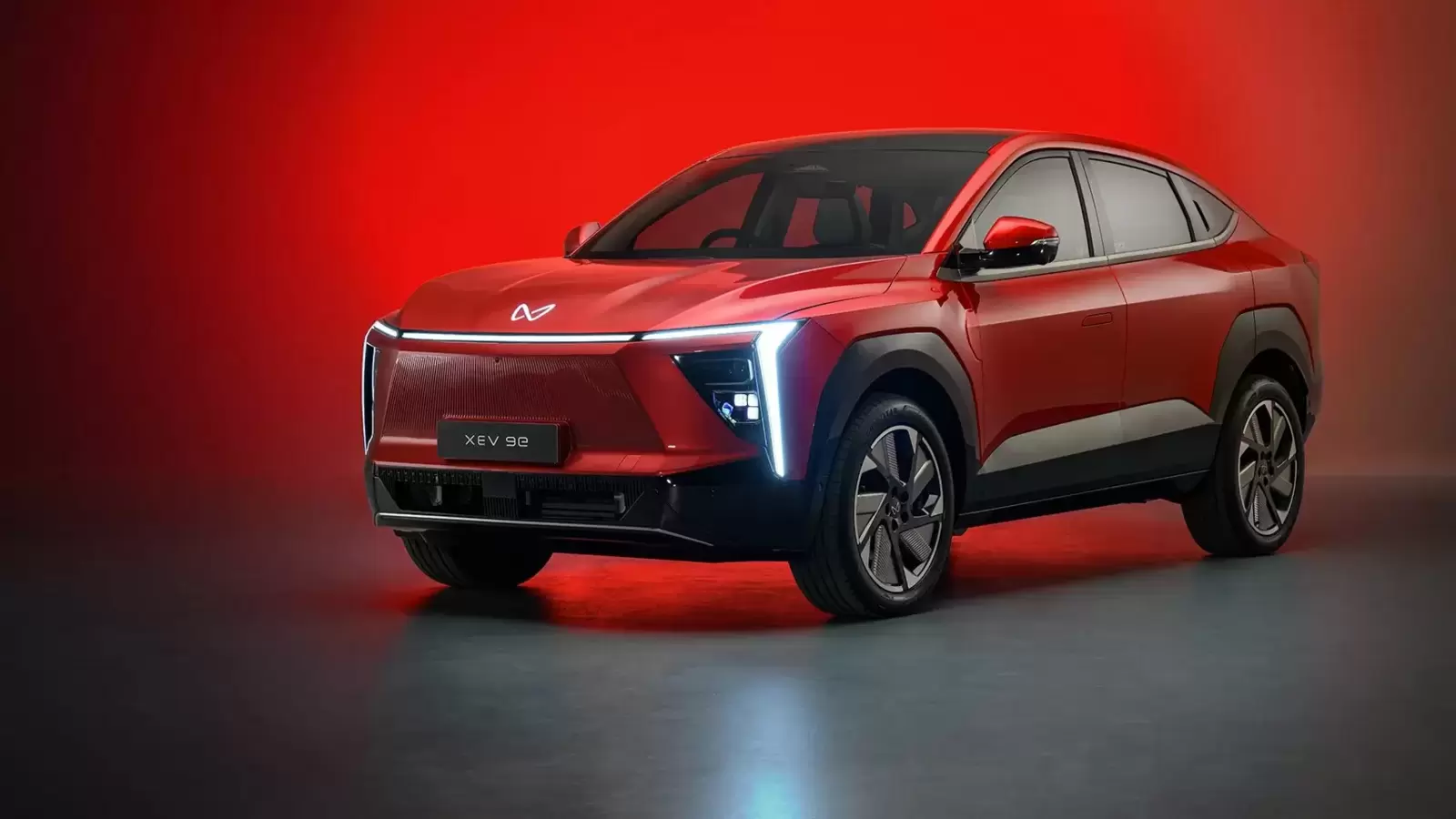
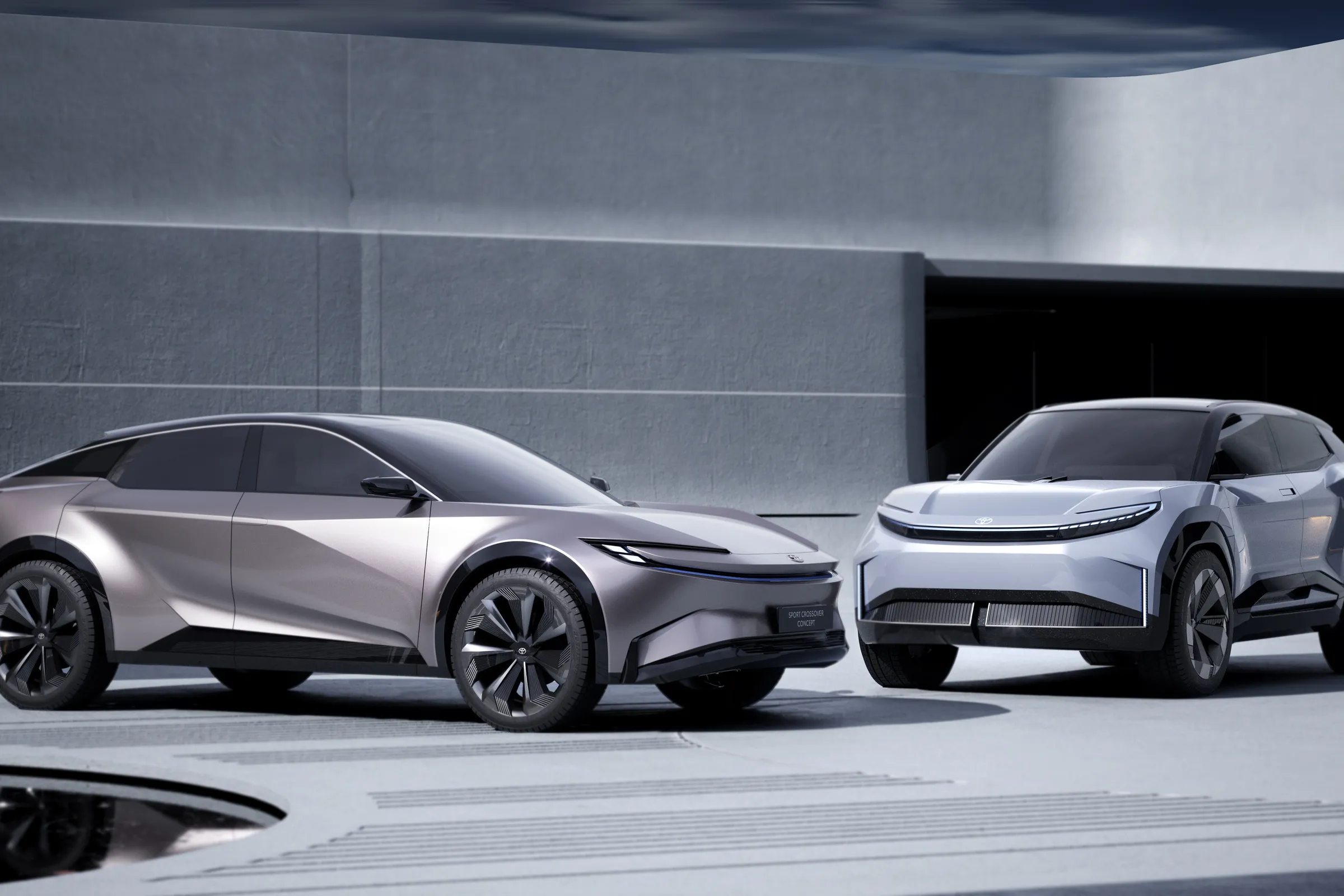
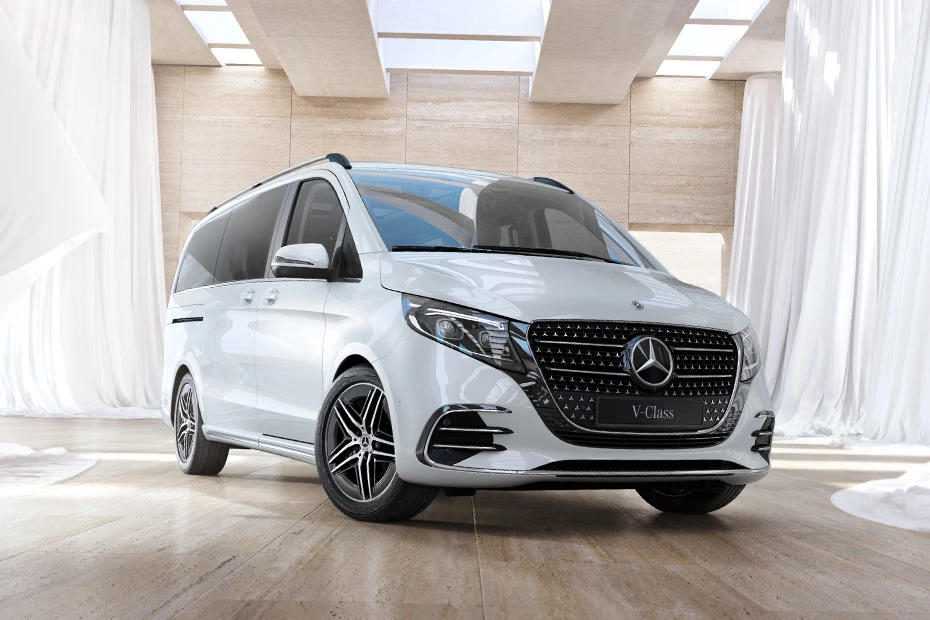
_1772434876.webp)
_1772098099.webp)


